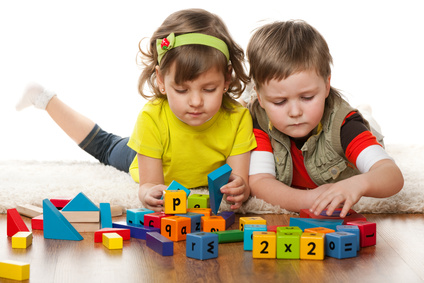01/11/2012

Sharing
It’s normal for children to find it difficult to allow another child to play with their toys or give something that they are enjoying playing with to another child. However, we generally want our children to be kind and popular and the ability to share is a very important part of their socialisation.
From a developmental point of view, before the age of 2 children are often quite generous with sharing. From 2 onwards however, they show greater resistance to sharing as they begin to see themselves as truly separate beings and the concept of “mine” comes into play. From now on, children will generally only share willingly if they have been socialised into doing so or if they can see some kind of benefit for doing so. The benefit could simply be to keep an interaction going, but often more explicit encouragement is needed, with plenty of praise for even small signs of sharing.
Tips:
- Praise efforts at sharing, being specific about what you liked that your child did.
- Play turn-taking activities with young children as this is a natural pre-curser to sharing.
- If you are having a playdate in your house, check with your child beforehand if there are one or two special things that they would not want another child to touch - remove them.
- Talk in advance before another child comes over about what toys they will offer the other child and discuss what they might play with together. This pre-warns your child that you would like them to share.
- Remind your child that you will not let any of their toys go home with the other child, even if the other child asks or even if they want to give something themselves at the time (they often regret it afterwards and this can lead to greater resistance to sharing another time).
- Talk about how much fun it is to play with other children’s toys when they go to another’s home.
- Also remind them that children will want to play with them more and invite them back more if they share their toys.
Siblings & other children